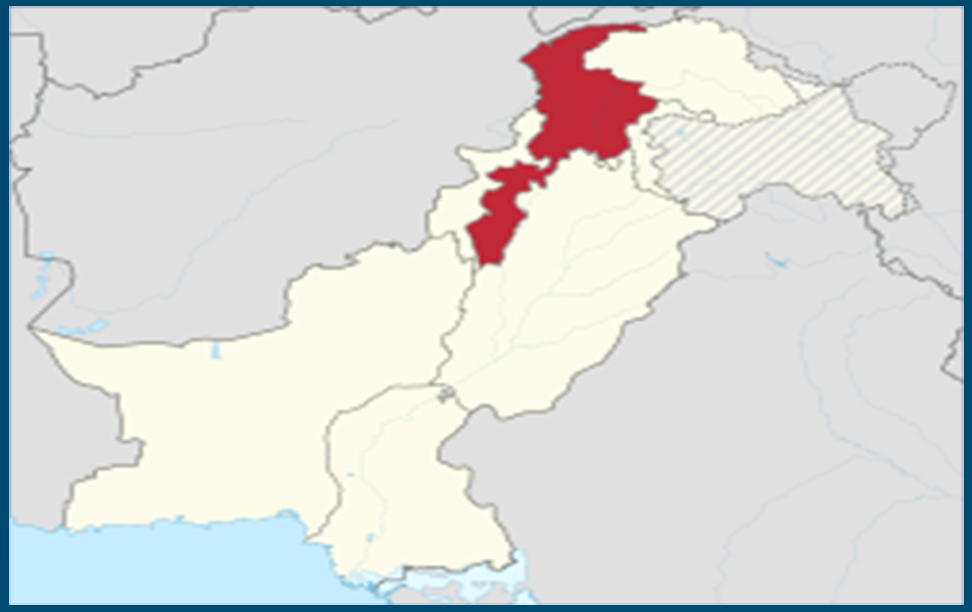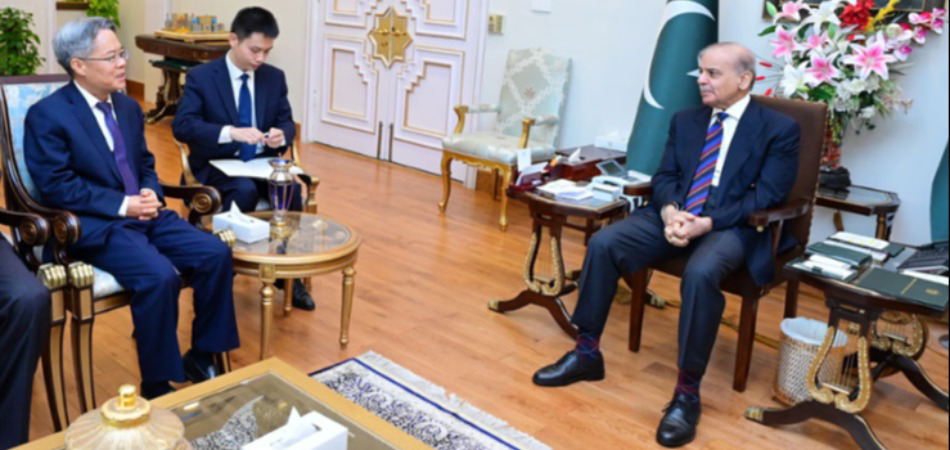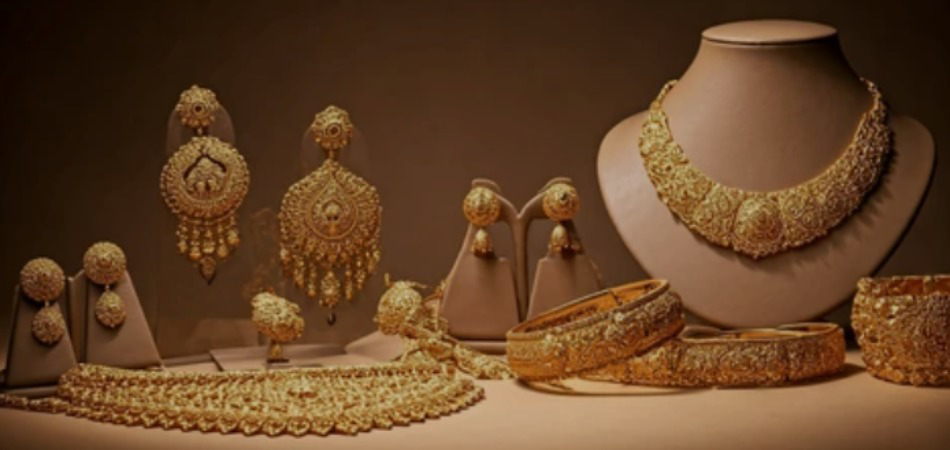China to continue to play constructive role for regional stability: Ambassador Khalid

By MG News | March 10, 2019 at 02:40 PM GMT+05:00
China to continue to play constructive role for regional stability: Ambassador Khalid
March 10, 2019: Ambassador of Pakistan to China Masood Khalid has hoped that China will continue to play a constructive and positive role to help stabilize the situation in South Asia.
“We hope that China will continue to play a constructive and positive role in helping stabilize the situation,” he said during an exclusive interview with Phoenix TV on Sunday.
Pakistan, he said, is providing all possible security for Chinese friends working on projects in Pakistan. And the current situation has not affected them in any manner.
Meanwhile, in a separate interview, he informed that the first phase of the China-Pakistan Economic Corridor has progressed well, now both countries are working to chart a course so it can realize its full potential.
This phase will have a greater focus on socioeconomic development, job creation and people's livelihoods. For the purpose, both countries have outlined socioeconomic development and poverty alleviation, industrial development and agriculture cooperation as the priority areas,” he added.
Ambassador Khalid said, over the past five years, 11 projects have been completed under the CPEC, and 11 are in the construction stage. The total investment of these 22 projects is about US $18.9 billion, while 20 more projects are in the pipeline.
In the energy sector, there are around 21 projects. A total of 15 prioritized energy projects will add around 11,110 MW of energy into the national grid. Seven energy projects have been completed and six are under construction. CPEC energy projects include hydro, solar and coal-fired power plants. The major coal-based projects are based on super-critical technology.
Among infrastructure projects, there are two big road projects: the KKH Phase-II (118 km), and Peshawar-Karachi Motorway (Multan-Sukhur Section, 392 km), which are in the completion phase.
Both sides are also working on details of a dry port at Havelian, the upgrading of 1,872 km of existing railways, also called the Main Line-I or ML-I, and the Karachi Circular Railway. A 27-km urban mass transit system in Lahore will also be completed this year. These projects account for US $ 5.87 billion of the preferential loans from China.
He said in addition to building the Gwadar Port, there are different auxiliary projects. The Gwadar East Bay Expressway and the Gwadar Port Free Zone are in the implementation phase and Phase-I of Gwadar Port Free Zone has been completed. Around 30 companies have committed investment of US $ 400 million in the Free Zone.
Further, the New Gwadar International Airport, Gwadar Friendship Hospital, and Gwadar Technical and Vocational Institute are expected to be launched this year. In Sept 2016, a China-Pakistan Friendship School was established in Gwadar, which accommodates around 500 students.
In economic ties, both sides have identified nine special economic zones under the CPEC.
Three of them, the Rashakai Economic Zone, Dhabeji Economic Zone, and Faisalabad M-3 Economic Zone, are at an advanced stage and expected to be launched this year.
These economic zones are an important part of the second phase of the CPEC that will lead to industrial relocation and development, job creation and skills development in Pakistan, and they lay a good business foundation for small and medium-sized Chinese enterprises.
Additionally, a cross-border fiber optics project with a total length of 820 km has already been completed.
China will also set up six poverty alleviation demonstration zones in Pakistan as part of its socio-economic development and poverty alleviation cooperation. Both sides have also established frameworks for cooperation in fields such as agriculture, industry, oil, and gas as well as education.
The CPEC projects have already realized Chinese investments and are creating local jobs in Pakistan.
China has become the largest trading partner of Pakistan and the biggest source of foreign direct investment, and the bilateral trade crossed $20 billion last year, he concluded.
(APP)
Related News
| Name | Price/Vol | %Chg/NChg |
|---|---|---|
| KSE100 | 125,627.31 258.99M |
1.00% 1248.25 |
| ALLSHR | 78,584.71 1,142.41M |
1.16% 904.89 |
| KSE30 | 38,153.79 69.25M |
0.63% 238.06 |
| KMI30 | 184,886.50 91.38M |
0.01% 13.72 |
| KMIALLSHR | 53,763.81 554.57M |
0.54% 290.61 |
| BKTi | 31,921.68 33.15M |
1.78% 557.94 |
| OGTi | 27,773.98 9.65M |
-0.40% -112.21 |
| Symbol | Bid/Ask | High/Low |
|---|
| Name | Last | High/Low | Chg/%Chg |
|---|---|---|---|
| BITCOIN FUTURES | 108,075.00 | 109,565.00 107,195.00 |
590.00 0.55% |
| BRENT CRUDE | 66.55 | 67.20 65.92 |
-0.25 -0.37% |
| RICHARDS BAY COAL MONTHLY | 97.00 | 97.00 97.00 |
1.05 1.09% |
| ROTTERDAM COAL MONTHLY | 107.65 | 107.65 105.85 |
1.25 1.17% |
| USD RBD PALM OLEIN | 998.50 | 998.50 998.50 |
0.00 0.00% |
| CRUDE OIL - WTI | 64.90 | 65.82 64.50 |
-0.62 -0.95% |
| SUGAR #11 WORLD | 16.19 | 16.74 16.14 |
-0.52 -3.11% |
Chart of the Day
Latest News
Top 5 things to watch in this week
Pakistan Stock Movers
| Name | Last | Chg/%Chg |
|---|
| Name | Last | Chg/%Chg |
|---|



